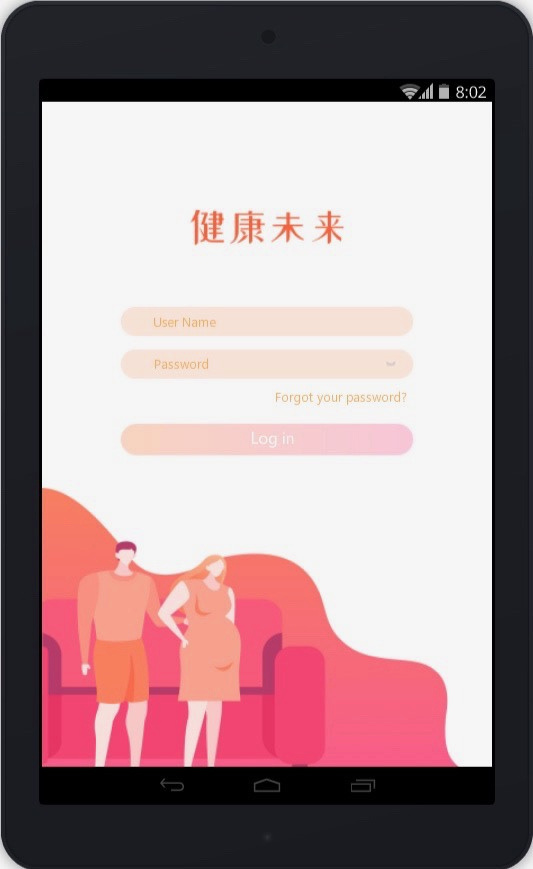Algorithm-assisted Adaptable Home Visiting Interventions
Collaborators: Yunwei Chen, Sean Sylvia, Eve Dill, Ann Guo
Algorithm-assisted Adaptable Home Visiting App
When compared to their urban counterparts, maternal and child health outcomes in rural communities aroudn the world are worse, partially due to a lack of knoweldge on perinatal care. Education programs delivered by community health workers (CHWs) are poised to solve this gap, yet the differences between families, communitites, and even countries make the creation of these programs difficult. Since each family and each community have differing needs and knowledge gaps, efficient and effective education programs should and could adapt to these differences. To address these needs, we have created an adaptable app that CHWs can use to conduct home-based visits. Currently, we are using this app in a Healthy Future project in Sichuan, China (more information below). However, we hope to be able to implement the same framework in other low-resource settings around the world.
Healthy Future
The lab’s “Healthy Future” project, in partnership with Stanford University’s Rural Education Action Porject, is closely related to the adaptable visiting app. The Healthy Future Project is a community home-visiting intervention that seeks to improve child health and maternal well-being with the assistance of a tablet-based mHealth system in rural communities of Sichuan Province, China. The intervention is a 12-month home visiting program in which community health workers (CHWs) deliver stage-based health and nutrition information to pregnant women and caregivers of young children. The Healthy Future curriculum, covering the 2-year period from the second trimester of pregnancy to 18 months after birth, was developed by a multidisciplinary team from local and US academic institutions with diverse backgrounds, including economics, nutrition, pediatrics, and public health. The curriculum focuses on six content domains: breastfeeding, complementary feeding, preventative health and daily care, maternal nutrition, caregiver mental health, and uptake of government health services. The research team also developed a Healthy Future mHealth system with a Healthy Future app to be used by CHWs for curriculum delivery and home visit schedule, as well as a web-based administrative portal for supervisors to remotely access tablet-collected data and monitor CHWs. Overall, the tablet-based mHealth system serves as a job aid for frontline CHWs, supervisors, and research teams to ensure rigorous intervention delivery and supervision.

Partners: Stanford University’s Rural Education Action Project
Publications: Chen Y, Wu Y, Dill S, et al. Effect of the mHealth-supported Healthy Future programme delivered by community health workers on maternal and child health in rural China: study protocol for a cluster randomised controlled trial. BMJ Open 2023;13:e065403. doi: 10.1136/bmjopen-2022-065403